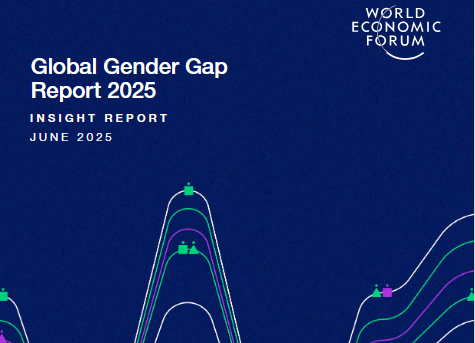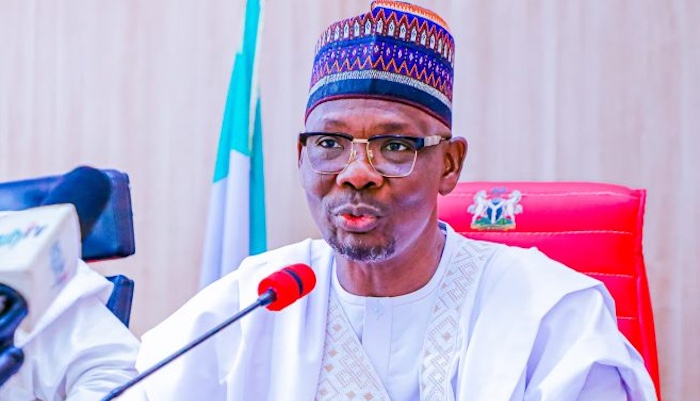
Nigeria has made notable strides in women’s participation in the labour force, according to the 2025 Global Gender Gap Report released by the World Economic Forum (WEF).
The report highlights a rise in economic participation and opportunities for women, despite ongoing disparities in education, health, and political representation.
Nigeria ranks 124th out of 146 countries in this year’s index, with an overall gender gap score of 0.649 — indicating that 64.9% of the gender gap has been closed. This marks a marginal drop from its 2024 score of 0.650 and a rank of 125th.
A key highlight is Nigeria’s strong performance in labour-force participation, where it ranks 6th globally. The country scored 0.762 in the Economic Participation and Opportunity category, climbing to 24th position from 49th last year. Women’s participation rate stands at 80.75%, just 3.7 percentage points below the 84.45% recorded for men — a near-parity milestone.
However, the report reveals that significant challenges persist. Leadership representation, wage disparities, and underrepresentation in professional roles continue to limit gender equality in the workplace. According to WEF:
-
Nigeria scored 0.687 in wage equality for similar work, ranking 50th globally.
-
Women’s estimated earned income is $4,200, compared to $6,950 for men.
-
Only 38.56% of professional and technical workers are women.
-
Just 13.2% of firms have majority female ownership.
-
Women constitute 35.57% of legislators, senior officials, and managers — although Nigeria received a perfect parity score (1.000) for this subcategory based on proportional representation.
-
Advancement to leadership positions scored just 4.46 out of 7, pointing to systemic barriers.
The report also highlights a heavy reliance on the informal sector. A staggering 96.58% of employed women are in informal employment, compared to 93.92% of men, reflecting limited access to formal and secure jobs.
Unemployment remains higher among women, with 4.15% of adult women unemployed compared to 2.14% of men. Additionally, only 1.49% of employed women work part-time, compared to 2.52% of men.
Despite these challenges, the country is seeing encouraging signs. For the first time, Nigeria has nearly closed the gender gap in labour-force participation. The WEF describes the trend as placing Nigeria on a “positive trajectory for gender-balanced economic development”.
However, the report stresses the need for sustained investment in women’s skills, equitable access, and income security to maintain momentum.












